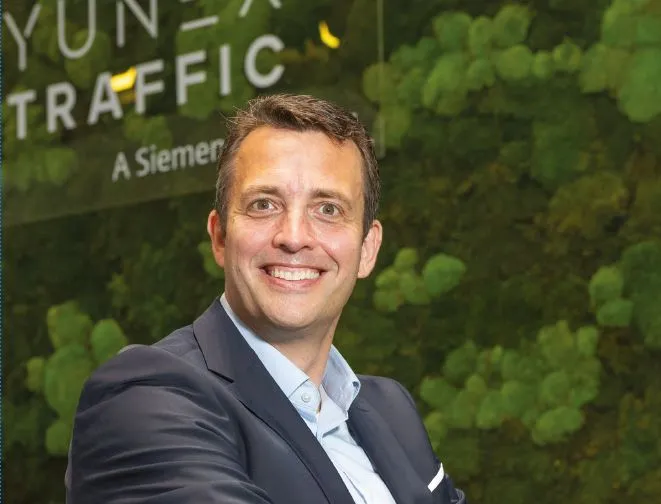Start-up businesses with innovative solutions to transport challenges such as congestion, overcrowding, emissions and road safety, are being encouraged to apply for a unique new accelerator programme launched at Cenex-LCV.
The Intelligent Mobility (IM) Accelerator, based in Milton Keynes, a partnership between
The programme focuses on intelligent mobility, including areas such as connected and autonomous vehicles, connected infrastructure, customer experience and transport data and analysis. Its goal is to develop companies who will create solutions for the most pressing transport problems facing the world today, improving day-to-day life for millions of travellers while creating new UK-based industry leaders in a £900bn global transport systems market.
The programme has also attracted the sponsorship of global technology consultancy ThoughtWorks and
Businesses accepted to the programme will receive a six-month support programme, providing office space, mentoring and networking. The successful start-ups will also get access to Wayra UK’s and the TSCs networks of investors, government agencies, customers, large corporates and universities, as well as opportunities to work with the TSC’s world-leading data, visualisation, customer experience and connected and autonomous vehicle capability teams. The TSC and Wayra UK will also hope to continue to support the best of these start-ups beyond their time at the IM Accelerator.
Accelerator programme seeks UK start-ups to lead transport revolution
Start-up businesses with innovative solutions to transport challenges such as congestion, overcrowding, emissions and road safety, are being encouraged to apply for a unique new accelerator programme launched at Cenex-LCV. The Intelligent Mobility (IM) Accelerator, based in Milton Keynes, a partnership between Transport Systems Catapult and Wayra UK, part of Telefónica Open Future, is designed to attract disruptive start-ups with high-growth potential into the UK transport industry
September 7, 2017
Read time: 2 mins









